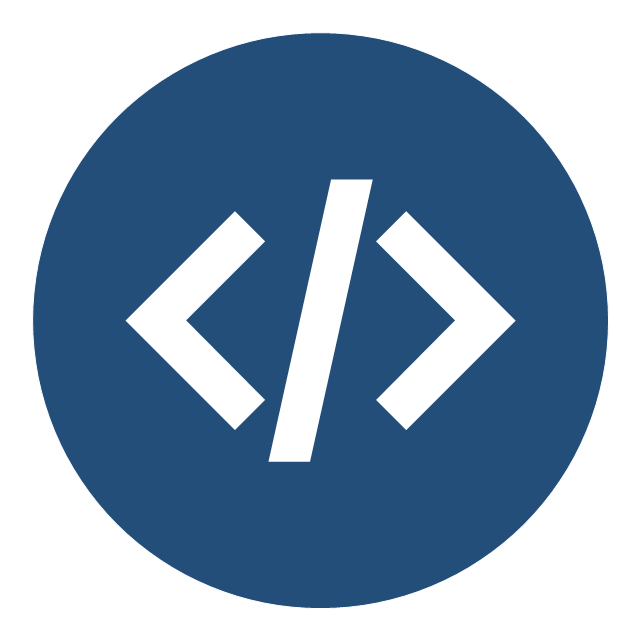- A void
- B int
- C char
- D Both A and B and C
-
 Fundamentals of C Language - Quiz 12
Fundamentals of C Language - Quiz 12 -
 Data Types in C Language - Quiz 36
Data Types in C Language - Quiz 36 -
 Variable in C Language - Quiz 16
Variable in C Language - Quiz 16 -
 Constant in C Language - Quiz 15
Constant in C Language - Quiz 15 -
 Operators and Enums in C Language - Quiz 115
Operators and Enums in C Language - Quiz 115 -
 Loop control in C Language - Quiz 17
Loop control in C Language - Quiz 17 -
 Array in C Language - Quiz 23
Array in C Language - Quiz 23 -
 Function in C Language - Quiz
11
Function in C Language - Quiz
11 -
 Pointer in C Language - Quiz 17
Pointer in C Language - Quiz 17 -
 Structure in C Language - Quiz 34
Structure in C Language - Quiz 34 -
 Union in C Language - Quiz 30
Union in C Language - Quiz 30